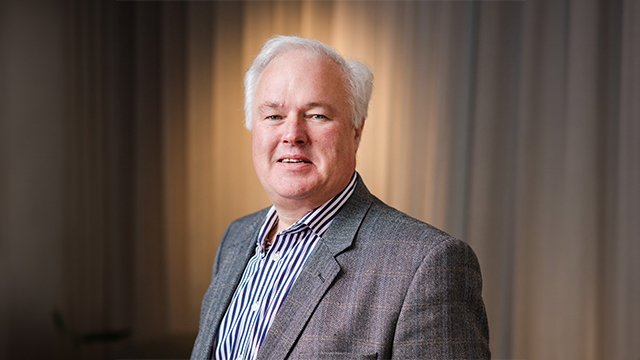Residential leasehold property ownership in England and Wales is undergoing potentially its most significant period of reform for a generation. With new measures focused, quite rightly, on empowering residents, the role of everyday leaseholders in communal living arrangements is evolving rapidly.
Residents want to be involved with decisions about their building, and reform should be welcomed. The recent work of the Law Commission, which published three reports in July, and the government’s draft Building Safety Bill, which is currently under scrutiny, are positive steps for residents wanting to be able to take more direct responsibility for their homes.
But with rights come responsibilities – and residents, as well as developers, need to be aware of the onerous and complex expectations which may come their way under this new framework. This is particularly true in instances where resident management companies (RMCs) are established to oversee the management of sites.
As a property manager, we work with RMCs, developers and freeholders across sites of all kinds, and so often play the role of “honest broker” between all parties. This means managing agents often have a unique insight into what makes an RMC successful, and the important legal factors which developers should be mindful of when setting them up.
The RMC model
RMCs can be established in a number of ways, but in the case of new-build properties, developers will set up an RMC from the start of a development’s life, giving responsibility for management and maintenance to homeowners. This provides buyers with a sense of ownership and control over the buildings they live in, while allowing developers to pass on the responsibility of maintaining buildings once they are occupied.
In many cases, the RMC model gives residents more choice and control over communal decisions about their home environments, and it works successfully at developments across the country.
While some RMCs take on management functions themselves, the job gets harder on larger and more complex sites. That’s where the property managers often come in, being appointed to carry out the necessary maintenance and management functions on behalf of the RMC, in the same way that they do for a traditional freeholder. Employing a responsible, professional operator helps to take those difficult jobs away from lay residents.
Taking on risk
In many cases, the RMC model gives residents more choice and control over where they live, but in the context of the changing regulatory landscape it can also come with complexities, and there are legal issues to be aware of. Unlike a more traditional arrangement, where a professional freeholder provides stewardship of the building, an RMC set-up transfers many duties directly to resident directors, who bear all of the normal liabilities of company directorship.
In line with that, we are increasingly seeing scenarios in which residents are being asked to take on significant responsibilities. These often include things like insurance, service charge collection and, crucially, fire and building safety.
These responsibilities cannot legally be delegated, and RMC directors are therefore ultimately liable for any decision taken. However, through work with a professional property manager, risk can be mitigated. At FirstPort, we work with more than 300 RMCs and understand the pressures the role involves. For example, we recently surveyed RMC directors we work with, and found that a third are concerned to some extent about their roles and responsibilities being changed by new building safety regulations.
We are also aware that many others are put off the role in the first place, while those who do take on director positions often do so without being fully aware of what is involved and expected. There can be teething problems for developers who find it hard to identify candidates for director roles, and clearly there is an inherent risk of buildings not being maintained in line with changing technical requirements.
Tools of the trade
For traditional freeholders and RMC directors alike, it is essential to ensure these responsibilities are carried out professionally. This requires a well-planned and considered approach.
For example, agreeing the standards and costs for the site, so that levels of services are known from the outset, is key and helps to build reserve funds as well as covering budgeted work. Equally, it is important to get good communication right from the beginning, ensuring that neighbours are all on the same page and up to date. Finally, establishing properly prepared and audited accounts and budgets is essential to make sure all residents can have confidence in how the development is run.
Digital systems and supports are also an increasing part of effective resident management, especially for RMC directors who are short of time. Recent reforms also introduce the concept of professional directors, which would involve independent experts being appointed to RMC roles. At FirstPort we support this move as a means to pave the way for a smooth handover from developer to residents.
Time to adapt
More resident involvement in developments is undoubtedly positive, and residents should be encouraged to become involved with decisions at their premises.
However, it is important to remember that buildings are complicated, and responsibility has to be taken for the things that make them that way. Professional and responsible freeholders have taken on that job for many years, and now, increasingly, it is falling to resident management companies to do the same.
Many RMCs do this well and without trouble, but as regulations become tighter it will be key to ensure that willing residents are educated and informed, and receive the right advice from our industry.
Nigel Howell is chief executive at FirstPort








